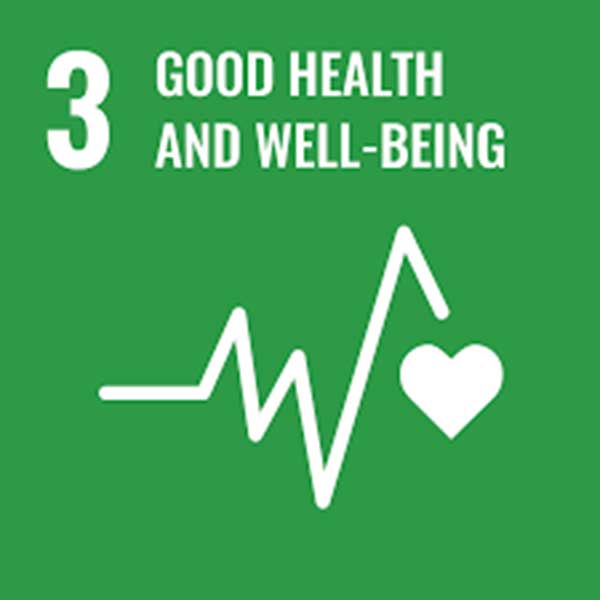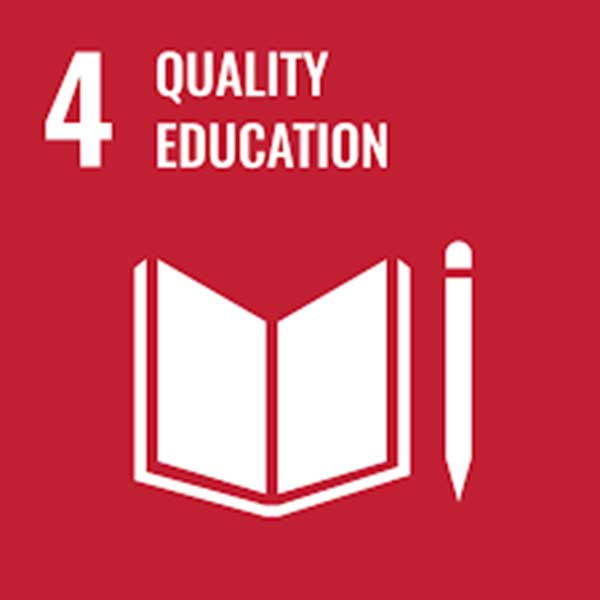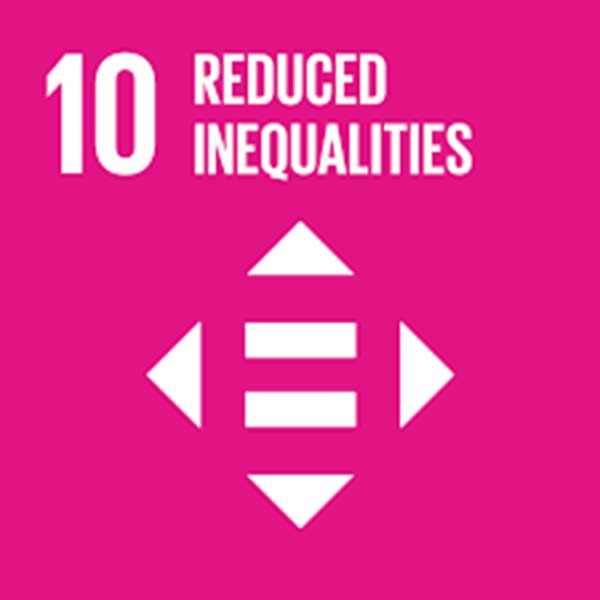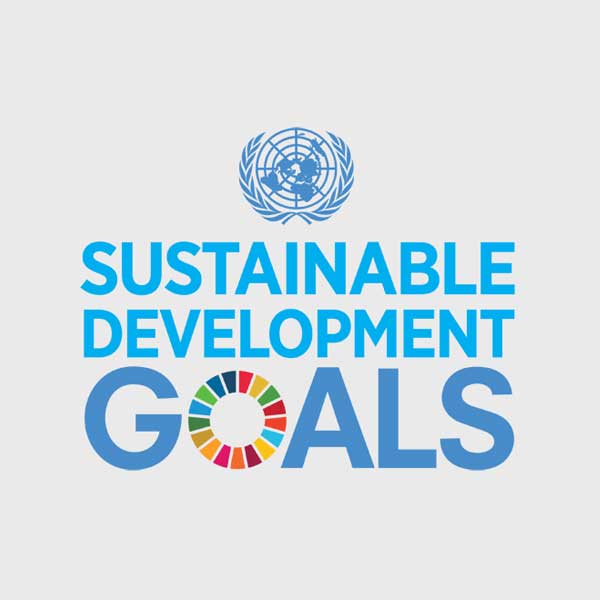Our Journey
Introduction
The journey of Jellow started in 2004 as a tangible physical product. Following this, in 2008 it was made available on desktops. Then, after extensive user studies, it was conceived as a complete communication system available on a variety of platforms.
 Physical Interactions for Communication (2004)
Physical Interactions for Communication (2004) Desktop / Browser Based (2008)
Desktop / Browser Based (2008) Book / Desktop / Tablet / Mobile (2017)
Book / Desktop / Tablet / Mobile (2017)The problem was the need for a solution that is child friendly, designed especially for children, is very simple and easy to use, is culturally sensitive to your food, festivals and places with access to multiple languages.
What we have come up with has both low and high tech solutions, is accessible on different platforms and forms a complete communication system. The best part is Jellow is available as part of OPEN DESIGN Initiative.
Jellow Basic's user-friendly interface along with its graphic icons and vocabulary was designed iteratively following an iterative design process across a period of several years based on regular feedback from users namely children, parents, therapists, teachers, caregivers and substantiated through Research by doing 6 months long longitudinal studies with autistic children at Nair Hospital and University of Connecticut.
Jellow is a complete communication system conceived across the technology spectrum in the following variations to cater to the needs of a child with a varying range of abilities. It's available as Flash Cards or as PDF's, also available on your desktop or on your mobile phone or Tablet, you can connect it to an external switch or personlaise it to your needs. Jellow is based on an extremely simple interface to create speech. It uses 1200 icons to generate 10,000 premade sentences all created inhouse.
Recent additions have been Jellow Customise to make your own boards, Jellow Care for those with sudden speech and hearing loss and Jellow Talk for Speech to convert Text and Text to Voice to facilitate instant and direct conversation between people who have difficulty with loss of Speech and Hearing and those that can Speak and Hear. Jelow Plus is coming soon for use by adults.
Jellow communicator system is conceived by researchers at the IDC School of Design, IIT Bombay and is being implemented through Jellow Labs.
Jellow has been supported by IIT Bombay, e-kalpa project from Ministry of Human Resources and Development, Innovation Fund Award from Unicef, National Trust - Ministry of Social Justice and Empowerment, Nair Hospital and University of Connecticut, USA along with several NGO's working in the field of Persons with Disability.
Vision:
Jellow Basic Communicator embraces the following UN SDG goal:




Jellow supports (a) SDG goal # 3 on Good Health and Well-being, (b) SDG goal # 4 on Quality Education, which supports early childhood development, care, and inclusive education and (c) SDG goal # 10 on Reduced Inequalities, which in turn supports ensuring equal opportunity and reduced inequalities of outcome.
(a) Jellow by being able to enable the child to communicate has great implication for their health and wellbeing by being able to bring confidence and emotional stability to the children to be able to express themselves. Jellow's demonstration of healthy activities will in addition be of support to these children to learn the best practices.
(b) Jellow supports early childhood development, care, and inclusive education and aims at imparting holistic education, through usage of technology mainly for the needy and underprivileged population with focus on children with disability.
(c) Use of Jellow Basic Communicator will promote inclusion of children with Speech and Language Impairment in the education system. Jellow Basic gives children with special needs to be a part of inclusive environment and be able to participate in communicating in the learning process with the help of an AAC, and be active participants in the classroom and extra-curricular activities.
